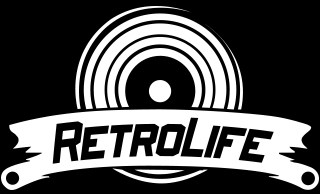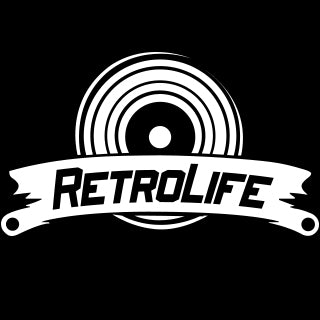If your record player is playing music slower than usual, you’re not alone. Slow playback can ruin the vinyl experience, making vocals sound off-pitch, dragging instrumentals, and distorting the energy of your favorite tracks. Whether you're a beginner or a seasoned collector, this guide will help you understand why your turntable is playing slow and how to fix it.
Signs Your Turntable Is Spinning Too Slow
Before jumping into the causes, let’s confirm the issue. Here’s how to tell if your turntable is playing slower than it should:
- Music sounds deeper or warped;
- Songs take longer to finish than normal;
- Vocals feel off-pitch or sluggish;
- Speed test apps show RPM lower than 33⅓ or 45;
- The platter visibly spins slower than expected;
Common Reasons Your Record Player Is Playing Slow
Understanding the root cause is key to fixing the issue. Here are the most common reasons your turntable might be playing too slow:
1. Worn or Loose Belt (for Belt-Driven Turntables)
Over time, the rubber belt can stretch or slip, reducing rotational speed. If the belt feels loose or looks cracked, it likely needs replacement.
Fix: Replace the belt with a compatible model. It's a quick and affordable repair.
2. Motor Problems
A weak motor can’t maintain proper RPM. This usually happens with older or poorly-maintained turntables. Dust or dried lubrication can also slow it down.
Fix: Apply lubricant to the motor spindle (check your manual). If that doesn’t help, the motor may need servicing or replacement.
3. Dust and Friction in the Platter Assembly
Debris in the bearings or on the spindle can create friction, causing the platter to spin more slowly.
Fix: Clean the turntable thoroughly. Remove the platter, clean the spindle and bearing using isopropyl alcohol, and lubricate if necessary.
4. Incorrect Speed Setting
Many turntables support 33⅓ and 45 RPM speeds. It’s easy to accidentally switch speeds or leave the setting in between.
Fix: Make sure your speed selector is properly set for the vinyl you’re playing.
5. Power Supply Issues
Using the wrong power adapter or dealing with unstable voltage can reduce motor performance.
Fix: Always use the original power adapter. If the problem persists, try a voltage stabilizer or plug into a different outlet.
6. Stylus Drag or Tonearm Weight
If your stylus is worn out or your tonearm is too heavy, it can cause drag—slowing down the record.
Fix: Replace the stylus if worn. Rebalance the tonearm and adjust tracking force and anti-skate settings according to your cartridge specifications.
How to Fix a Slow-Spinning Turntable
Here’s a checklist to get your turntable back to the correct speed:
- Check the Speed Setting: Confirm whether you're set to 33⅓ or 45 RPM.
- Inspect and Replace the Belt: If it’s worn, swap it out with a new one.
- Clean the Platter and Bearings: Remove dust and debris, and lubricate if necessary.
- Test Power Supply: Ensure you’re using the correct voltage and adapter.
- Adjust Tonearm and Stylus: Set correct tracking force and anti-skate; replace stylus if needed.
- Use a Speed App: Download a free strobe or RPM app to measure speed accurately.
When to Seek Help or Replace Your Turntable
Sometimes, the issue goes beyond DIY fixes. You might need professional repair if:
- Your motor has completely failed;
- Belt replacements or cleanings don’t improve speed;
- There are electrical problems inside the unit;
- If you’re using an entry-level or older model, it may be more cost-effective to upgrade to a new turntable with speed regulation and better build quality.
Tips to Prevent Speed Problems in the Future
- Clean regularly: Dust and debris are the enemies of smooth rotation.
- Replace belts and stylus periodically: Preventive maintenance extends life.
- Store your turntable in a cool, dry place: Avoid humidity and unstable temperatures.
- Avoid overloading the tonearm: Keep your tracking force within recommended limits.
- Use a quality power source: Avoid cheap third-party adapters.
A slow record player doesn’t mean the end of your vinyl journey. With the right troubleshooting steps, you can bring your music back up to speed. Whether it’s a belt issue, a tonearm imbalance, or just a dusty platter, most problems are easy to solve with a little care.

